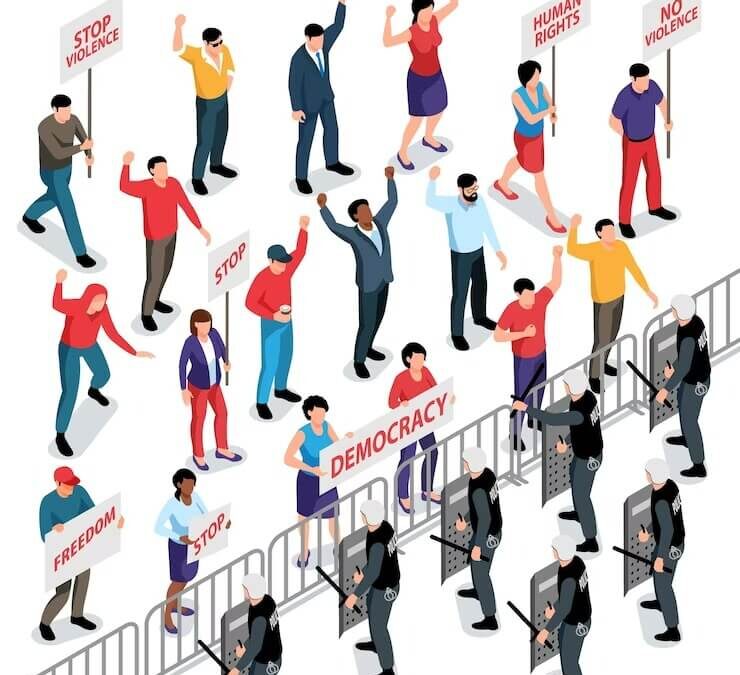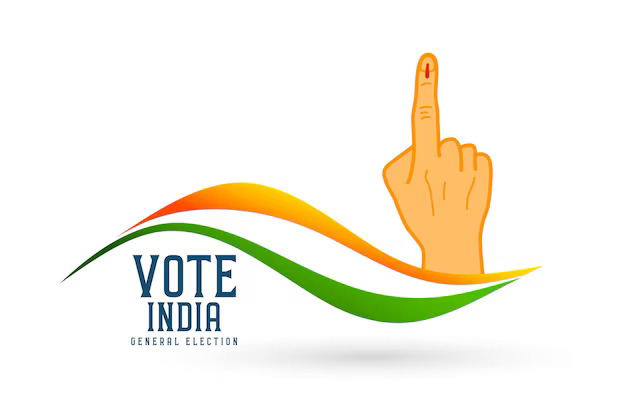
Political Scholars believe that developing countries usually have a coup. A coup means sudden, violent and illegal seizure of power from a government. But the richer democracies do not have the coup normally.
Three arguments are often advanced for the above statement. First, in poor countries, the institutions of oversight are much weaker and mostly crumble under the onslaught of powerful politicians.
Secondly, the politics in developing countries are highly competitive. The government in developing countries has such control over the economy and society that once out of power, losses can be huge and imprisonment may not be too far. That generates a political tendency to stay in power at all costs. In richer democracies, opportunities beyond the government are plentiful. An electoral loss does not take away the life of all enhancement. The defeated candidate can venture into company boards, memoirs, consulting and speaking, legal practices, and new business openings and can fetch or earn millions. The government in richer countries does not have decisive control over all sectors of society.
Thirdly, in richer democracies, the armed forces tend not to help the leader in electoral disputes.
To conclude, there is a close relationship between the survival of democracies and the economic prosperity of that countries.


